7 Best Data Labeling Service Providers for Precision Agriculture in 2025
In 2025, top data labeling service providers for precision agriculture include Labellerr, iMerit, Kili Technologies. These platforms support tasks like crop disease detection, weed management, and seed counting, offering high-quality, scalable annotations powered by AI-assisted tools.
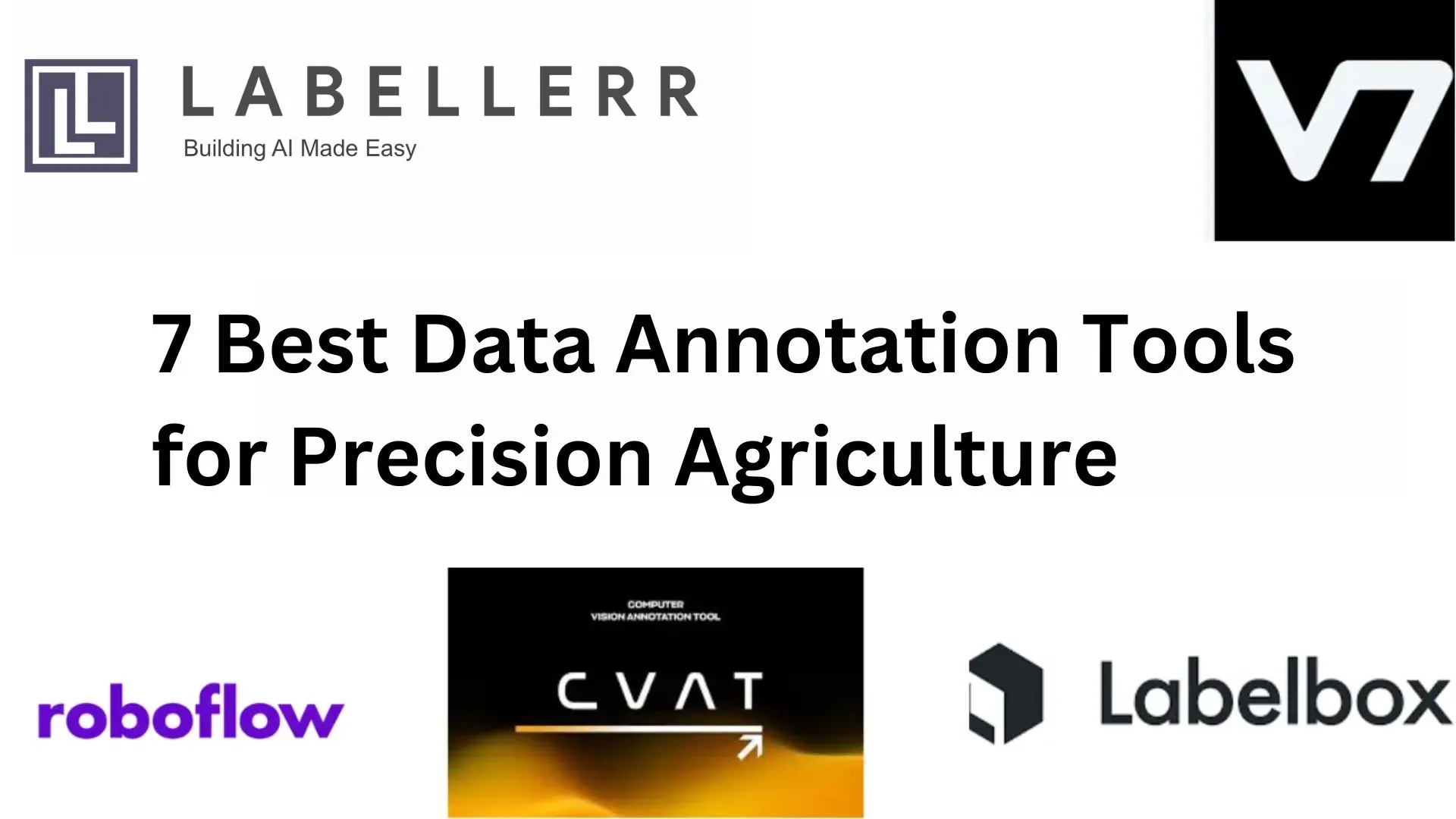
The agricultural industry is undergoing a data revolution. Precision agriculture, a data-driven approach to farming, is transforming how we cultivate crops and raise livestock. At the heart of this transformation lies the need for high-quality, labeled data.
Machine learning models power many precision agriculture applications, from disease detection and yield prediction to crop health monitoring and resource optimization.
But these models are only as good as the data they are trained on.
Here's where data labeling comes in.
By meticulously annotating agricultural data (images, sensor readings, etc.) with relevant information, data labeling services equip AI models with the ability to "see" and understand the intricate details of a farm environment.
This accurate and informative data is the fuel that drives the powerful applications transforming modern agriculture.
In this blog, we'll delve into the top data labeling services specifically tailored to the needs of precision agriculture.
By understanding these service providers, you'll be well-equipped to choose the right partner for your next precision agriculture project.
Table of Contents
- Key Applications of Data Labeling in Precision Agriculture
- Labellerr
- iMerit
- Cloud Factory
- Anolytics
- Kili Technologies
- CogioTech
- IndiVillage
- Frequently Asked Questions
Key Applications of Data Labeling in Precision Agriculture:
1) Disease Detection
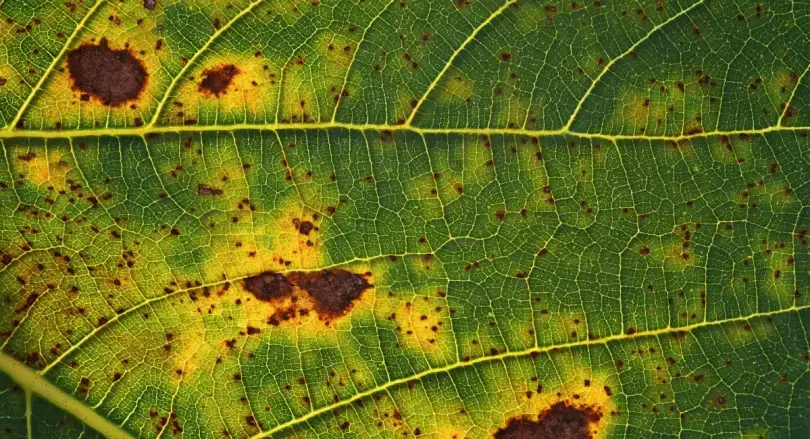
- Identifying and labeling images of diseased crops to train machine learning models for early disease detection.
- Utilizing spectral imaging and hyperspectral sensors to capture subtle variations in plant health indicative of diseases.
- Implementing computer vision algorithms to automatically detect symptoms of diseases such as discoloration, lesions, or deformities on crops.
2) Seed Counting
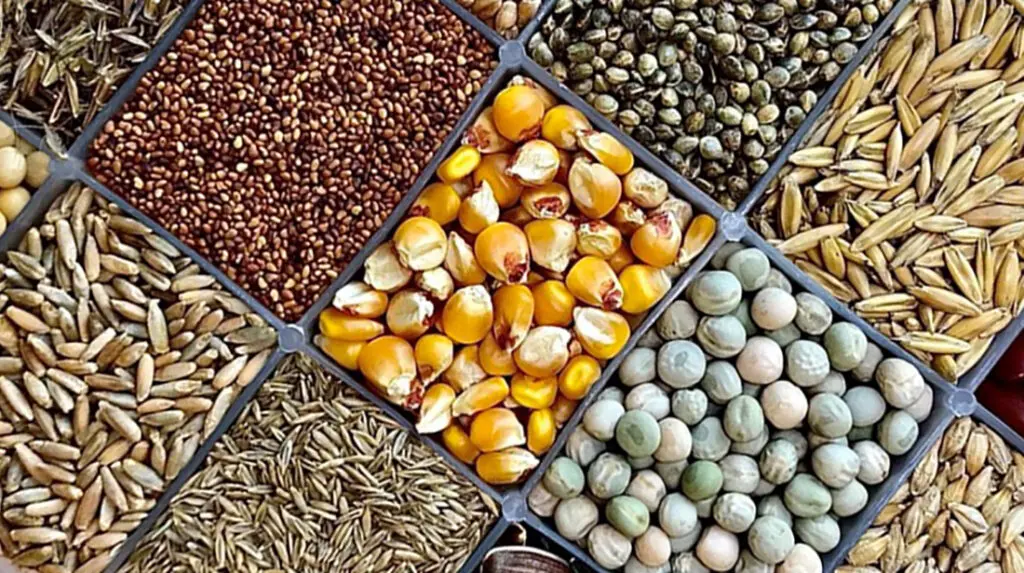
- Developing algorithms to accurately count seeds in images captured by drones or ground-based sensors.
- Utilizing image processing techniques to distinguish individual seeds from cluttered backgrounds or overlapping seeds.
- Integrating machine learning models to automate seed counting processes and improve efficiency in seed production and distribution.
3) Field Monitoring
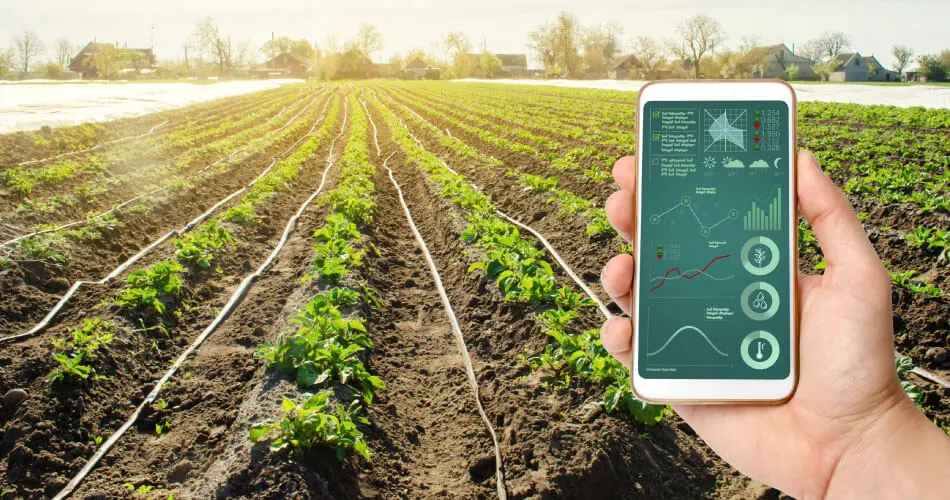
- Monitoring crop growth and development through remote sensing technologies such as satellites, drones, and UAVs.
- Labeling images to track changes in vegetation indices, crop health parameters, and environmental conditions over time.
- Analyzing data from IoT sensors embedded in fields to monitor soil moisture, temperature, and other relevant variables for precision irrigation and fertilization.
4) Weed Detection and Management
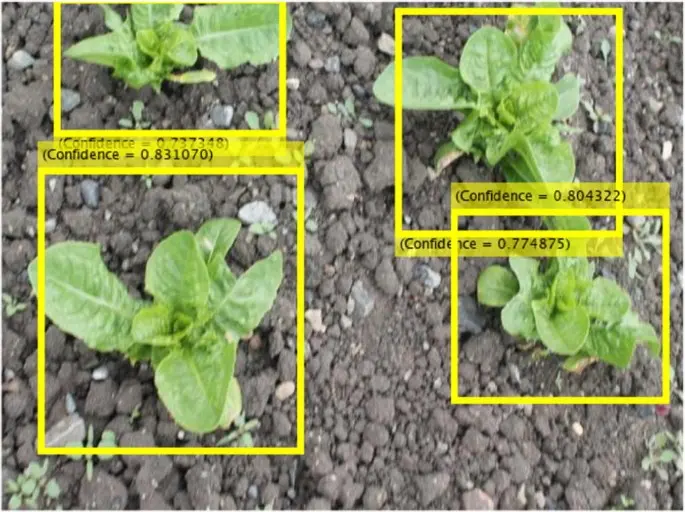
- Identifying and labeling images of weeds to differentiate them from crops and facilitate targeted weed control strategies.
- Training machine learning models to classify various weed species and assess their distribution and density in agricultural fields.
- Integrating weed detection algorithms with robotic systems or precision sprayers allows them to autonomously apply herbicides only where needed, minimizing chemical usage and environmental impact.
Top 7 Services Providers for Precision Agriculture:
1) Labellerr

Labellerr positions itself as a leading data labeling service provider for precision agriculture. Their focus is on high-quality annotations for tasks like crop identification, disease detection, and yield prediction. Here's a breakdown of its key features, user reviews, and pricing:
Pros:
Feature-rich Segmentation: Perform faster segmentation with pixel perfection. Drag polygon and auto-bordering features prevent overlapping adjacent objects.
Auto-labeling: Accelerate use cases with semantic segmentation using features like SAM, Gen AI-based labeling, and active learning.
Professional Annotation Team: Handle large data volumes with fast turnaround times.
Custom SLA: Starting from 24 hours for batch completion.
24/7 Tool Support: Available for the Enterprise Plan.
Robust QA Process: Set up QA processes that include agreement between annotators, comparison based on ground truth and IOU metrics, model-assisted QA, generative AI-powered QA, and sample visual quality assurance.
Dedicated Account Manager: Manage daily/weekly output efficiently.
Data Privacy and Security Compliance: Comply with HIPAA and GDPR regulations.
Multi-tier Pricing: options based on quality measurement. The default QC process includes 1 round of annotation and 1 round of QC, customizable to match the expected output, timeline, and budget.
Cons:
Limited Format Support: This does not currently support point cloud and 3D data formats.
Pricing:
Pro Plan: Starts at $499 per month for 10-user access with 50,000 data credits included. Additional data credits can be purchased at $0.01 USD per data credit, and extra users can be subscribed to at $29 USD per user.
Enterprise Plan: Offers professional services, including tool customization and ML consultancy.
2) iMerit
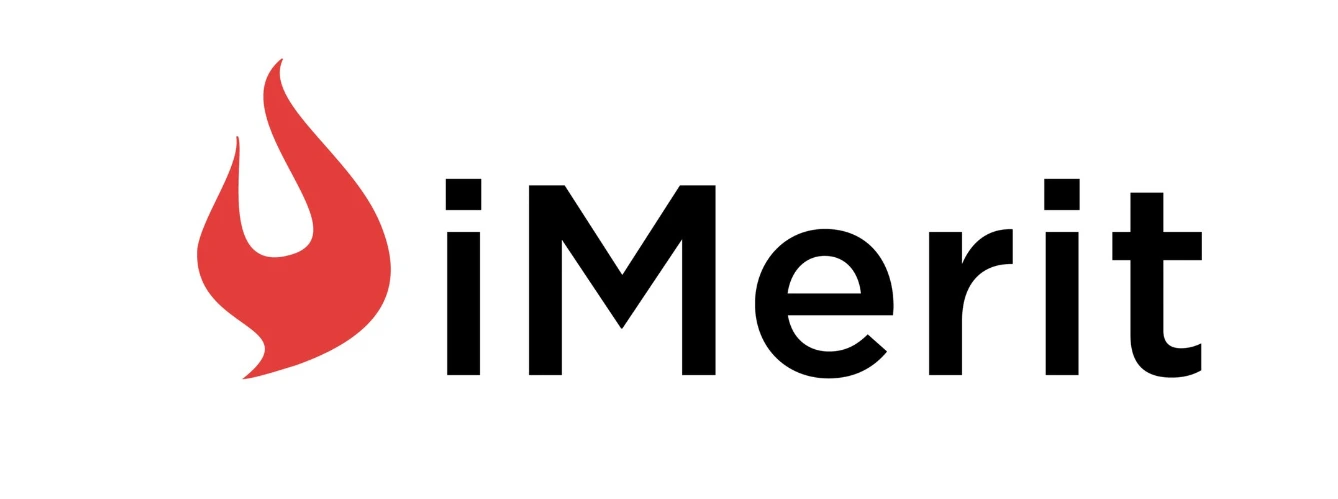
iMerit stands as a premier data labeling and annotation service provider renowned for its unparalleled advantages in the field of precision agriculture.
With a deep understanding of agricultural intricacies paired with cutting-edge annotation methodologies, iMerit offers a unique blend of domain expertise and technical prowess.
This combination ensures that the annotated datasets produced by iMerit are not only accurate but also tailored to the specific needs of agricultural applications, empowering farmers and agricultural enterprises with actionable insights for informed decision-making.
Moreover, iMerit's scalability and commitment to quality assurance further distinguish it in the market.
With a highly scalable workforce and state-of-the-art infrastructure, iMerit can efficiently handle projects of any scale, from small-scale trials to large-scale deployments.
iMerit is a strict quality control measures that also make sure that the labeled datasets are correct and reliable. This lowers the risks of wrong annotations and supports the success of AI-driven projects in precision agriculture.
3) Cloud Factory
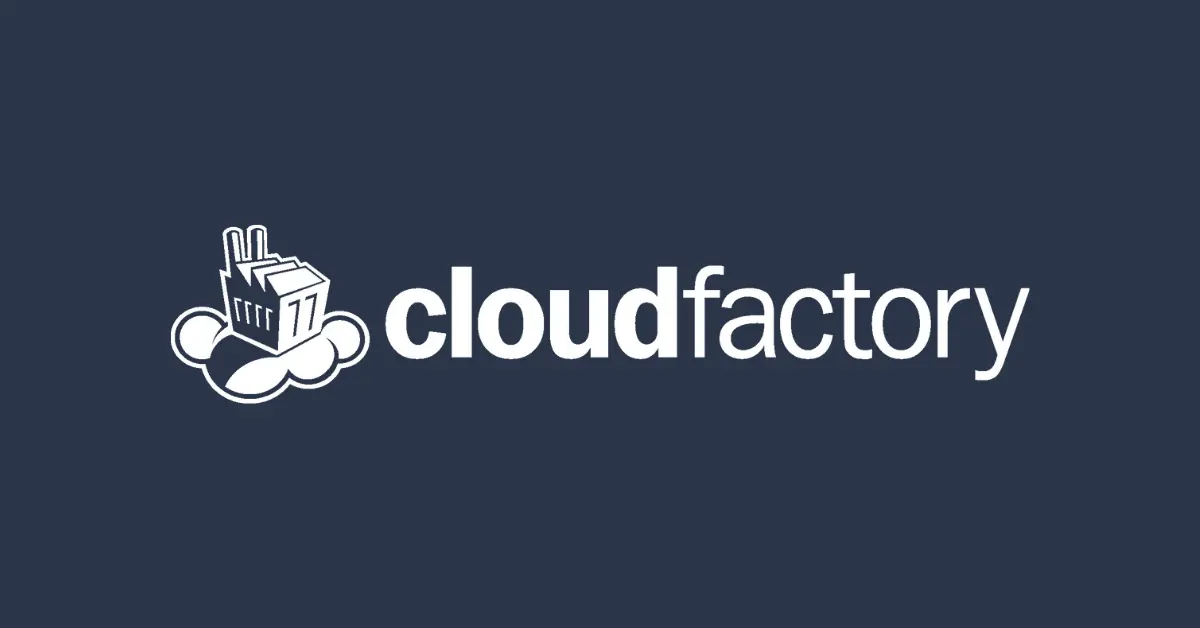
CloudFactory is a strong contender in the data labeling and annotation arena, offering valuable solutions for precision agriculture projects.
They leverage a powerful combination of human intelligence and advanced technology to tackle your data challenges.
At the core of their services lies a highly trained and managed workforce. This global team boasts extensive experience handling large datasets, ensuring the efficient completion of your projects.
CloudFactory goes beyond just manpower; its platform incorporates AI-assisted labeling tools to accelerate the process while maintaining high accuracy.
Looking beyond core functionality, CloudFactory prioritizes quality assurance. They implement a robust QA process featuring multiple checks, including inter-annotator agreement and ground truth comparisons.
This meticulous approach ensures the reliability of your labeled data, which is crucial for building trustworthy AI models in precision agriculture.
4) Anolytics
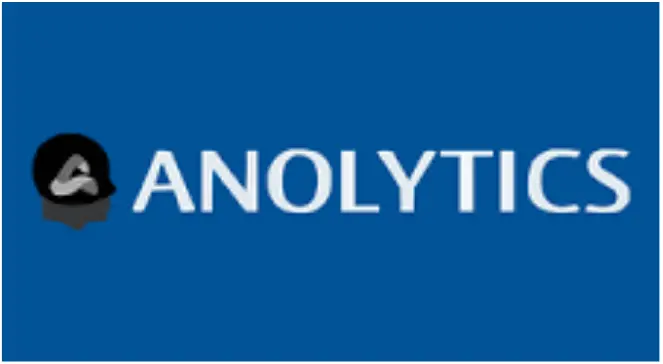
Anolytics emerges as another leading provider in the data labeling and annotation space, well-suited for precision agriculture tasks.
They position themselves as a full-stack solution, offering expertise across the entire AI development lifecycle.
This includes a focus on high-quality training data creation through meticulous sorting, filtering, and segmentation of your raw datasets, encompassing images, videos, text, and audio formats commonly used in agriculture.
Anolytics prides itself on a team of over 1200 in-house experts with diverse specializations in data processing tasks. This includes data collection, cleaning, enrichment, annotation, labeling, training, and validation.
Their strength lies in delivering high-accuracy, cost-effective, and time-bound training data solutions. This translates to reliable data for building robust AI models in your precision agriculture endeavors.
5) Kili Technologies
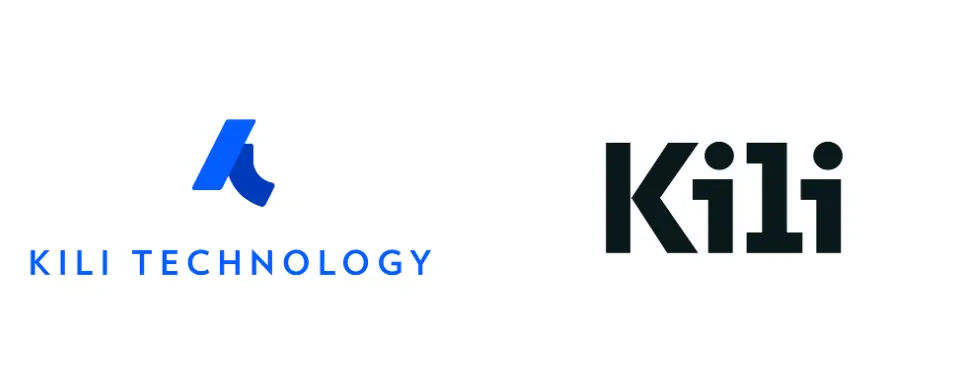
Kili Technology stands at the forefront of data labeling and annotation services, offering specialized solutions tailored specifically to the intricate demands of precision agriculture.
Renowned for its innovative approach and advanced technologies, Kili Technology provides farmers and agricultural enterprises with the tools they need to unlock the full potential of their data.
From annotating satellite imagery for crop monitoring to labeling sensor data for pest detection systems, Kili Technology's comprehensive suite of services caters to the diverse needs of modern agriculture.
One of Kili Technology's key strengths lies in its intuitive platform, which combines human intelligence with machine learning capabilities to streamline the annotation process.
This hybrid approach not only ensures accuracy and consistency in the labeled datasets but also accelerates project turnaround times, enabling faster insights and decision-making for farmers.
Moreover, Kili Technology's platform is designed with user experience in mind, featuring intuitive interfaces and customizable workflows that empower users to efficiently manage their annotation projects with ease.
6) CogioTech
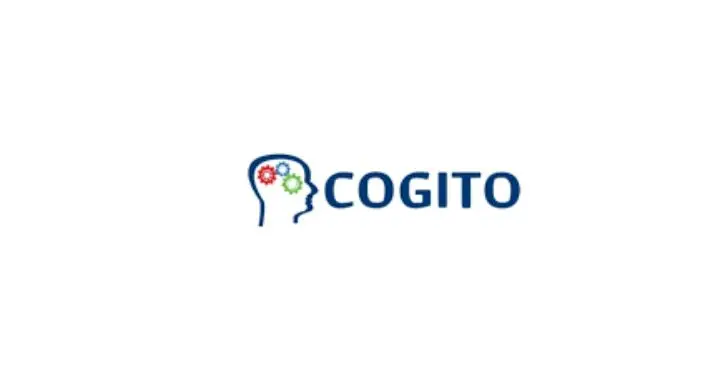
Cogito Tech emerges as a compelling option with its blend of expertise and technology.
Cogito Tech distinguishes itself by offering a skilled workforce specifically trained in the intricacies of agricultural data.
This team possesses a strong understanding of agricultural imagery and terminology, ensuring accurate labeling of crucial elements like crops, diseases, and pests. This domain-specific knowledge translates to high-quality training data, a critical factor for building reliable AI models in precision agriculture applications.
Beyond its workforce, Cogito Tech leverages advanced technological solutions to streamline the data labeling process. Their platform incorporates AI-powered tools that assist in tasks like object detection and image segmentation, leading to faster turnaround times and improved efficiency.
Additionally, Cogito Tech prioritizes data security and adheres to industry regulations like HIPAA and GDPR. This robust security framework ensures the confidentiality and integrity of your agricultural data throughout the labeling process.
7) IndiVillage
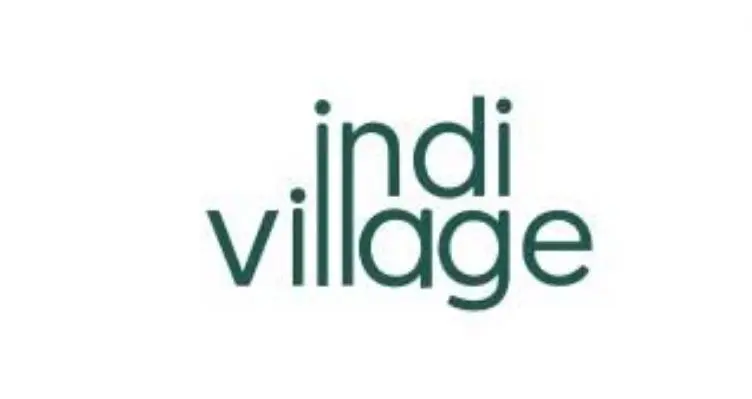
IndiVillage stands out as a top data labeling and annotation service provider for precision agriculture, particularly for projects with a focus on Indian agricultural landscapes.
IndiVillage leverages a workforce deeply familiar with the specific challenges and nuances of Indian agriculture.
This includes understanding regional crop varieties, prevalent diseases, and environmental factors that can impact data.
This localized expertise translates to highly accurate annotations tailored to the specific needs of your project, ensuring the data reflects the unique realities of Indian agriculture.
IndiVillage offers competitive pricing structures, making them a compelling option for projects seeking cost-effective data labeling solutions.
Combined with their focus on domestic talent, this can translate to significant cost savings compared to outsourcing to international providers.
Additionally, their understanding of local regulations and data privacy concerns ensures a smooth and compliant labeling process.
Frequently Asked Questions
Q) What is precision agriculture, and why is data labeling important for it?
Precision agriculture involves the use of technology to optimize crop production and management practices. Data labeling is crucial in precision agriculture as it involves annotating raw data such as satellite imagery, sensor data, and aerial footage with meaningful labels and metadata.
This annotated data is then used to train machine learning models that can analyze and interpret agricultural inputs, leading to informed decision-making and improved crop yields.
Q2) What types of data are typically labeled and annotated for precision agriculture purposes?
Various types of data are labeled and annotated for precision agriculture, including satellite imagery for crop monitoring, sensor data for environmental monitoring (e.g., soil moisture, temperature), and aerial footage for pest detection and crop health assessment.
Additionally, data from IoT devices, drones, and agricultural machinery may also be annotated to enhance precision agriculture practices.
Q3) How do data labeling and annotation service providers contribute to precision agriculture?
Data labeling and annotation service providers play a crucial role in precision agriculture by providing accurate and reliable annotations for agricultural data. These service providers employ skilled annotators and advanced technologies to annotate large volumes of data efficiently and accurately.
By partnering with these providers, agricultural enterprises gain access to high-quality labeled datasets that are essential for training AI models, optimizing crop management strategies, and ultimately improving agricultural productivity and sustainability.

Simplify Your Data Annotation Workflow With Proven Strategies
.png)


